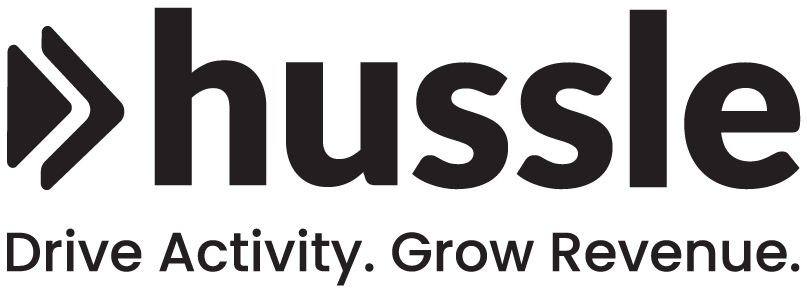Welcome back to this blog series’ third and final installment, highlighting important legal and compliance issues in the direct sales space. If you need a refresher about what we’ve been talking about, look at parts one and two.
By now, you know that we encourage a two-pronged strategy for avoiding sticky compliance conundrums—a great compliance team coupled with state-of-the-art technology. Today, we’re featuring a list of things your field should and shouldn’t do when it comes to compliance. This isn’t a comprehensive list, but making sure your compliance policies cover these key aspects should provide you with the blueprint you need to create an effective compliance strategy.
Distributors Shouldn’t:
- Answer questions they don’t know the answer to, whether online or in person.
- Encourage product hoarding. The Federal Trade Commission (“FTC”) requires representatives and their companies to verify that products are being sold to actual customers and not simply stored in a garage somewhere. The easiest way is to implement a system that allows your distributor orders to be fulfilled/shipped by the company itself.
- Make misleading or false claims. A claim is any statement, story, image, or video about products or a business opportunity. Claims may include simple statements about the benefits of a product – including before and after photos. Claims can also describe the opportunity, including lifestyle items. Claims must be true and supported by written documentation, like earnings statements before you make them.
- Use inflammatory buzzwords. As we mentioned in part two of this series, saying things like, “be set for life” is a great way to summon a rebuke from the FDA.
- State or imply that they “work for” the company. Be clear that the members of your field aren’t employed by you.
Distributors Should:
- Be unfailingly honest. We’re fans of using what could be labeled as, “The Golden Rule of Compliance”: Only say what’s true and encourage your distributors to do the same.
- Use your products as often as possible. The more experience they have with your products, the better they’ll be able to sell them and offer feedback.
- Utilize sampling. We talked about this in the “Don’t” list, but the FTC frowns on product hoarding. Providing designated samples for your distributors to use is an easy way to ensure that they aren’t tempted to over-order in the name of having samples on hand. With the Hussle in-app sampling system, your distributors can send samples to their customers in just a few clicks, so they won’t need to worry about having too many full-sized products on hand.
- Enforce documentation. Keeping detailed, accurate records is essential. You must be able to prove that your distributors sold your products to real customers and that you did everything in your power to educate everyone in your organization on issues of compliance.
Other Tips:
- Use an LMS. Having a learning management system with a module dedicated to what your distributors should and shouldn’t say is a great way to ensure you’re doing your part to protect your company. Making completion of this module a requirement for onboarding is an easy first step in enforcing compliance.
- Create a marketing tools culture. Tools are a valuable resource for both you and your distributors. Not only do they provide a simple solution for effectively telling your company’s story, but they do it in a way that’s compliant and brand-appropriate. We’ve discussed Hussle’s compliance tools extensively in the first two parts of this series, so feel free to give them a read if you’re interested in learning more.
- Write (and use) appropriate disclaimers. One way to protect yourself from risk is by including disclaimers on every piece of marketing collateral. For example, if your company carries products like supplements that aren’t regulated by the FDA, be sure to include FDA disclaimers on product sheets and other assets. Example: “This statement has not been evaluated by the Food and Drug Administration. This product is not intended to diagnose, treat, cure, or prevent any disease.”
- Control what your distributors are saying on social media: It’s one of the oldest adages in the direct sales industry: activity = income. But with the ability to incessantly share on social media comes an increased responsibility for your company. Consider using tools like Hussle that allow you to keep false claims from ever reaching the internet.
- Create a risk assessment so you can see where you need to focus your attention. Document all current policies and procedures to get a view of any gaps, and take a look at where compliance violations have come from in the past to get a better idea of how to avoid them in the future.
Remember, the FTC has made it clear that you will be responsible for what your company (including your field) says and does, so you owe it to your company to do everything you can to mitigate risk. If you want to discuss how Hussle can help fill in the gaps in your compliance strategy, let us know—we’d be happy to discuss our compliance features and tools with you!




